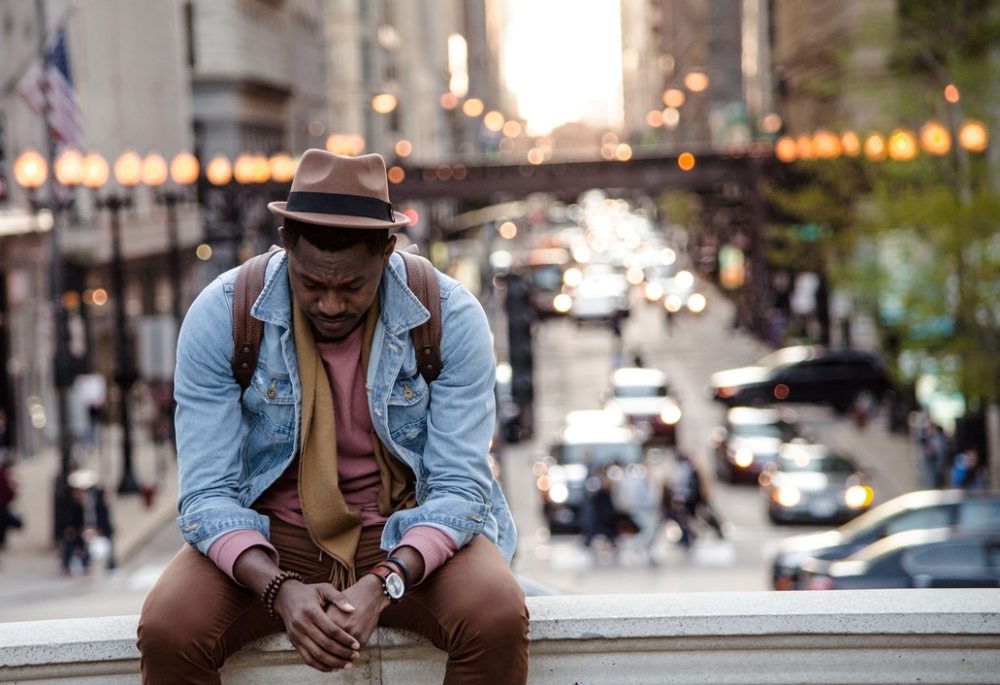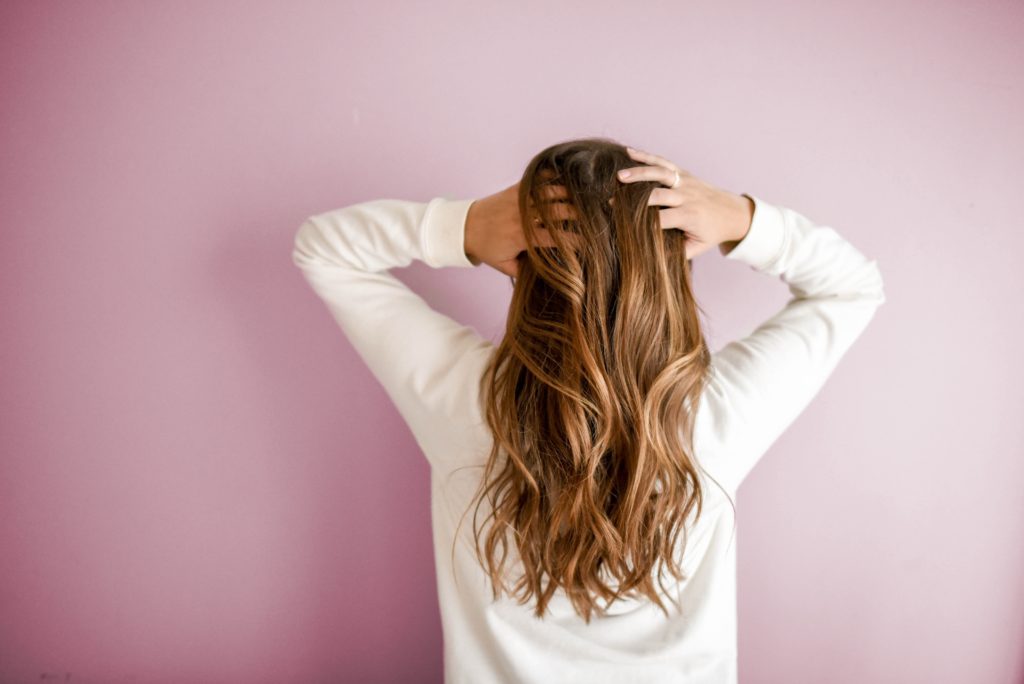Experiencing the pain of a headache can be immobilizing. This is especially true if you find yourself having regular headaches. Headache pain can cause light sensitivity, restlessness, and even nauseousness. Understanding the differences between each type of headache is crucial for determining the appropriate treatment.

Tension Headaches
When you feel a dull yet constant pain on both sides of your temples, you could be experiencing a tension headache. They cause facial tenderness and pressure behind the eyes. You may also feel sensitivity to light and sound. Tension headaches are the most common type and last from 30 minutes and up to several hours.
Cluster Headaches
Cluster headaches get their name from their frequent occurrence throughout a day. Someone who suffers from cluster headaches will experience severe pain up to eight times in one day. They are more likely to occur in women. Symptoms include intense burning behind the eye, a swollen eyelid, and a stuffed or runny nose.
Migraine Headaches
Of the types of headaches on this list, migraines are typically the most well known although not necessarily the most common. If you’re having a migraine, you’ll feel a throbbing pain on one side of your head. You may also feel nauseous, sensitivity to light and sound, and difficulty speaking. Some migraine attacks can last up to three days.
Exertion Headaches
If you’ve recently participated in some form of strenuous physical activity and then have throbbing pain, you are experiencing an exertion headache. They are usually triggered by running, jumping, lifting weights, and even coughing. Exertion headaches are generally short-lived, but they can last up to two days.
Sinus Headaches
People who have seasonal allergies may also have sinus headaches. They also happen as a result of sinus infections and swelling. Symptoms include a dull, throbbing pain around the eyes and forehead. These are one of the rarest types of headaches but are often accompanied by fever, nausea, and light and sound sensitivity.
Caffeine or Hangover Headaches
Did you know that what you drink can also contribute to headaches? Caffeine-related headaches are typically accompanied by tiredness, irritability, and difficulty concentrating. They can last for up to an hour. Hangover headaches happen as a result of consuming too much alcohol. The next morning, you may wake up to throbbing pain that mimics the feel of a migraine. The amount of caffeine or alcohol that contributes to these headaches varies.

Treating Headaches with Acupuncture
As it relates to traditional Chinese medicine, acupuncture is a practice that helps restore the whole body. When treating headaches, acupuncture balances the hormone regulators and endocrine system by relaxing our nervous system. During your session, acupuncture will release endorphins and other hormones that help relieve headache symptoms. If you regularly experience one of the types of headaches discussed, establishing a routine treatment plan will help to significantly reduce the frequency, duration and severity of the pain you receive from your headaches. Cloud 9 Acupuncture has a 90% success rate with treating the pain and discomfort associated with headaches.

